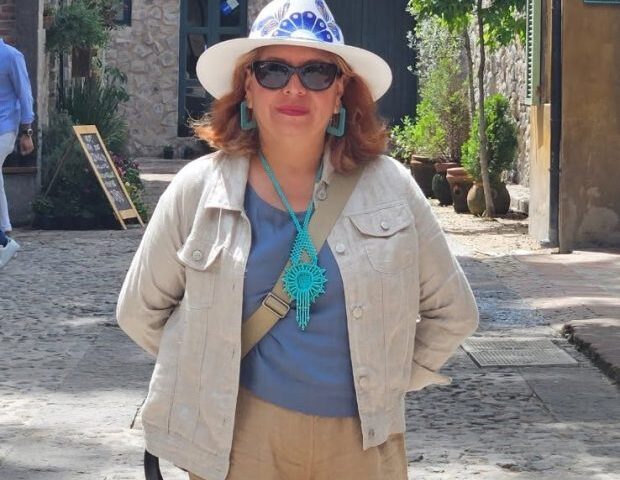The city of Aurora is looking at an affordable housing program that could include such measures as establishing an affordable housing fund, a land bank and incentives for landlords.
Those were among recommendations mentioned during an affordable housing strategy presentation given recently by the city’s Community Services division before the City Council.
Chris Ragona, Community Services director, said the recommendations will be honed into action items the council can consider. The presentation included information gleaned from community stakeholders and research throughout town, officials said.
It showed that while the city already does some of the things discussed, it could do more in the area of providing rental assistance programs, collaboration with landlords and financial incentives for property rehabilitation and home ownership.
“The city does a bit of this, but I think we could potentially expand,” said Ragona. “There is a lot of need out there.”
One piece of information showed that officials at Hesed House, Aurora’s homeless shelter, said some 50% to 70% of their clients do have jobs, even though they’re homeless.
“So if there’s opportunities for us to partner with our landlords, provide some type of incentive or a few guarantees to take care of our most vulnerable, that might be a way to help those … who are finding it very hard to rent an apartment,” Ragona said.
There are generally four types of housing among the roughly 60,000 housing units in Aurora, he said. They are subsidized housing, which is scattered through the city; public housing, provided by the Aurora Housing Authority; market rate affordable housing, which usually rents at 60% of median income and determined by the local market, but does not include subsidies or rent caps; and market rate housing.
A survey done by the city shows Aurora has about 3% subsidized housing, and about another 3% public housing. Market rate affordable housing is at about 22% of the housing stock and the rest, about 72%, is market rate housing.
Ragona said when all is factored in, about one in three is affordable housing.
Another recommendation said the city should enhance its current single-family home rehabilitation programs to preserve housing, and to promote aging-in-place.
One recommendation also said the city should consider creating a community resource coordinator position to assist residents in need.
slord@tribpub.com



